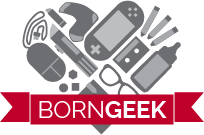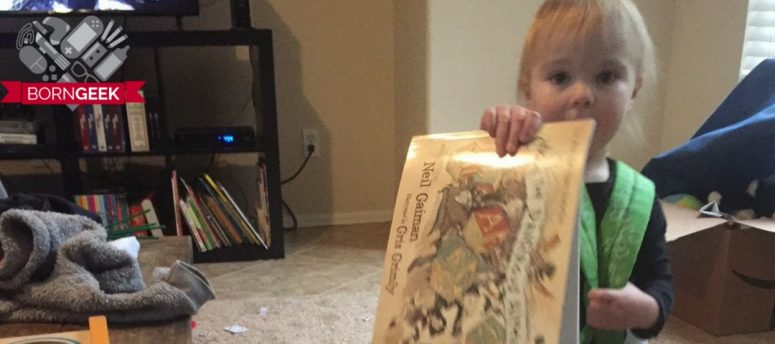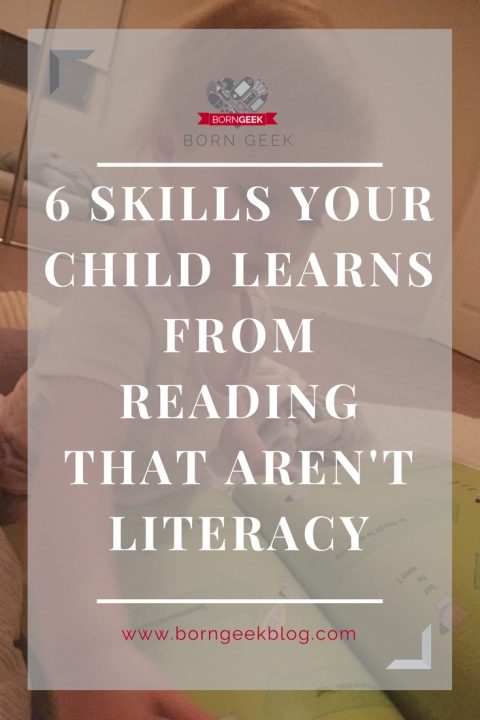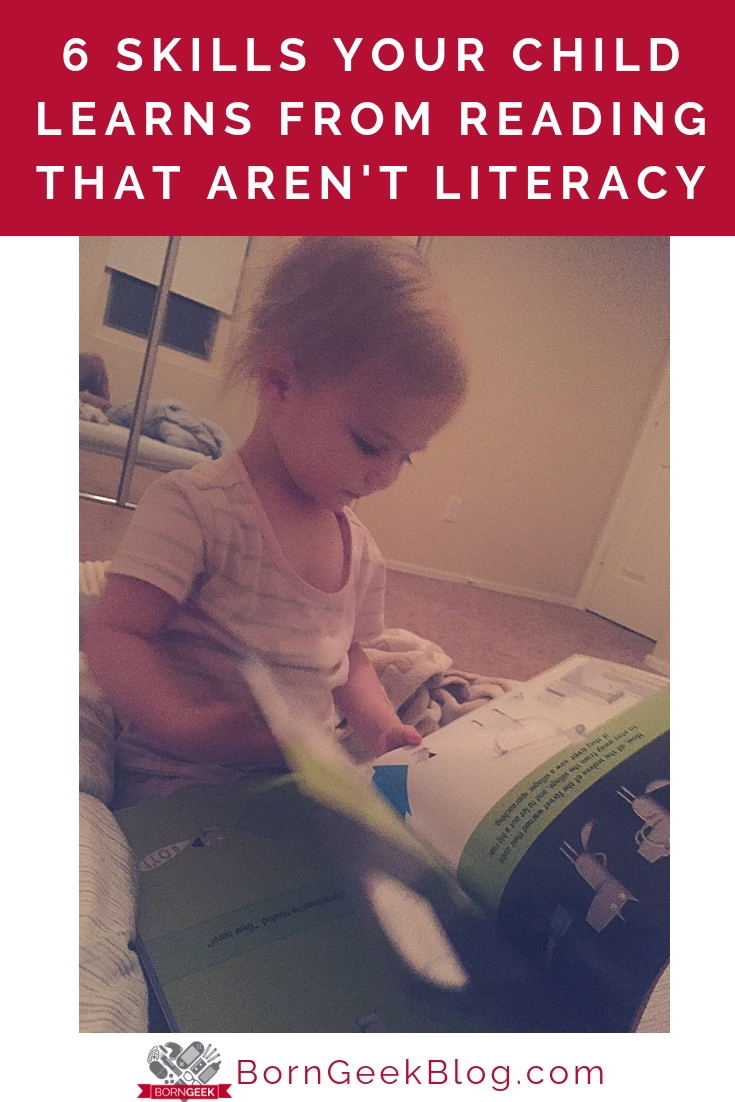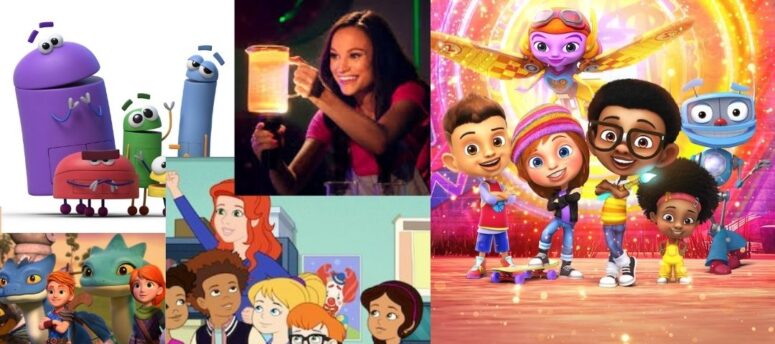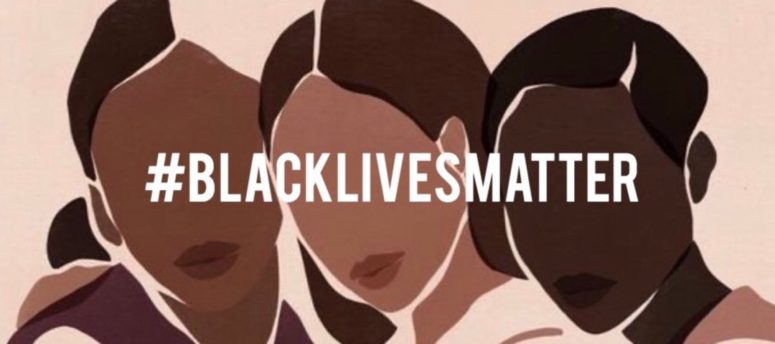I often write about how important reading is to me, and as a part of how I’m raising Harley. All the studies say that babies, toddlers and kids who are read to for at least 20 minutes a day perform better in school. But this goes beyond test scores and even beyond teaching a kid to read, because there are many things our kids learn – skills from reading that aren’t literacy.
This might seem a bit counterintuitive. I mean, the whole point of reading to kids is to teach them to read and get them literate, right? Well, not exactly. There’s a whole lot more that goes into it, like having a healthy bedtime routine. But there are also specific skills that kids use for the rest of their lives that can start with simply reading together.
Observation
This one is quite obvious but can start out most clearly in picture books. The words mention a character or something that you’re meant to see on the page. The kid sees it in the picture and points it out. Or maybe you take it a step further and ask if your child can spot the snail hidden in the picture, or point out the mommy and daddy characters. All of these things encourage active observation.
You can continue to build this skill when you move on from picture books, too. Chapter books and other stories will always include foreshadowing or references to things in the past and future. If a character’s description has changed, paused and talk about why this might be.
Problem-solving
Characters in books encounter problems. They might need to get through a set of tasks, or they might need to outsmart an evil wizard or even just get through the day. Reading about other characters encountering problems and deciding on solutions can help your kids learn about problem-solving. Ask if they have faced similar problems or would do the same thing that the character did. Do they have an alternative solution? Or maybe they see the problem differently. You’d be surprised just how imaginative your toddler can be when it comes to problem-solving.
Imagination
One of my favorite authors, Neil Gaiman, has a quote that goes around the internet sometimes that “A book is a dream that you hold in your hand”. Books take us to places we’d never get to see, meet people we’d never know and imagine stories we’d never experience ourselves. The power of imagination is strong in kids. It’s a key part of playing, of being creative, and of imagining a better world in our future. Reading to your little one helps to grow their imagination and sets the stage for even more growth.
Vocabulary leading to EQ and Body Understanding
According to whomever wrote the Wikipedia article about EQ, emotional intelligence or the emotional quotient is,
“the capability of individuals to recognize their own emotions and those of others, discern between different feelings and label them appropriately, use emotional information to guide thinking and behavior, and manage and/or adjust emotions to adapt to environments or achieve one’s goal(s).”
It’s really hard to recognize and name emotions, yours or other people’s, without a nuanced vocabulary. There’s a difference between feeling mad and frustrated, overwhelmed and scared, nervous and excited. Reading to your child can help them to grow their vocabulary, giving more words to the different feelings that they might have.
This also extends to the physical world. Naming body parts is a good start, but so are the varied verbs you’ll often find in kids’ books. What’s the difference between stomping and marching, and how does it feel in your body? All of these elements can help your child understand their body in new ways, even while just lying down and reading a book with you.
Empathy
This is one of the most important skills in our society today. The ability to understand how other people feel, to put yourself in another’s shoes and realize how you might behave in a similar circumstance. It’s also one of the hardest skills to teach. However, reading can play a big part in this. Stories are generally driven by characters, and they give an excellent opportunity to talk to your kids about why characters act a certain way, how you think they felt, or how those feeling might impact the rest of the story. This ties in with the EQ stuff above, but it’s worth mentioning on its own.
Reading a story, discussing why certain things happen, how your kid might respond differently or which characters they identify with or not can all help to build empathy.
Bonding and the love of books
This one can’t be stated enough. Having time to sit and read to your kid is wonderful for bonding. It’s a fun activity where kids are guaranteed to have your attention and do something together, which is sure to make them feel connected to you. Whether you do it as part of bedtime, or throughout the day, it’s a wonderful way to bond with your kid. And research continually shows that kids with strong bonds to loved ones grow up to be smarter, more well-adjusted and adventurous.
Finally, the love of books. If books become associated with love, bonding, and happy experiences, your child will want to continue to spend time in literary worlds. Harley LOVES playing with her books, and will often tell me that she is reading. Books are associated with fun, relaxation and happiness, which will help her as she grows into literacy, helping to make sure that book time is always something to look forward to.
These are just some of the many skills your little one can get when you take the time to read with them. And please, don’t stop when your kid learns how to read! Let your child read books at their own level themselves (and to you), but still take the time to read to them every day, introduce more complicated books to them, and enjoy the shared experience for as long as they will let you.
Which skills have you seen in your kids that you could attribute to reading? Are you a fan of reading to your kids, or is it more of a pain than a pleasure?
DID YOU LIKE THIS POST?
If you like these words, please check out more of what I say on twitter and Facebook, and pics I take on Instagram and subscribe to my YouTube channel and follow me on Pinterest.
Also, please be sure to sign up to my carefully curated, crafted and infrequent newsletter.
